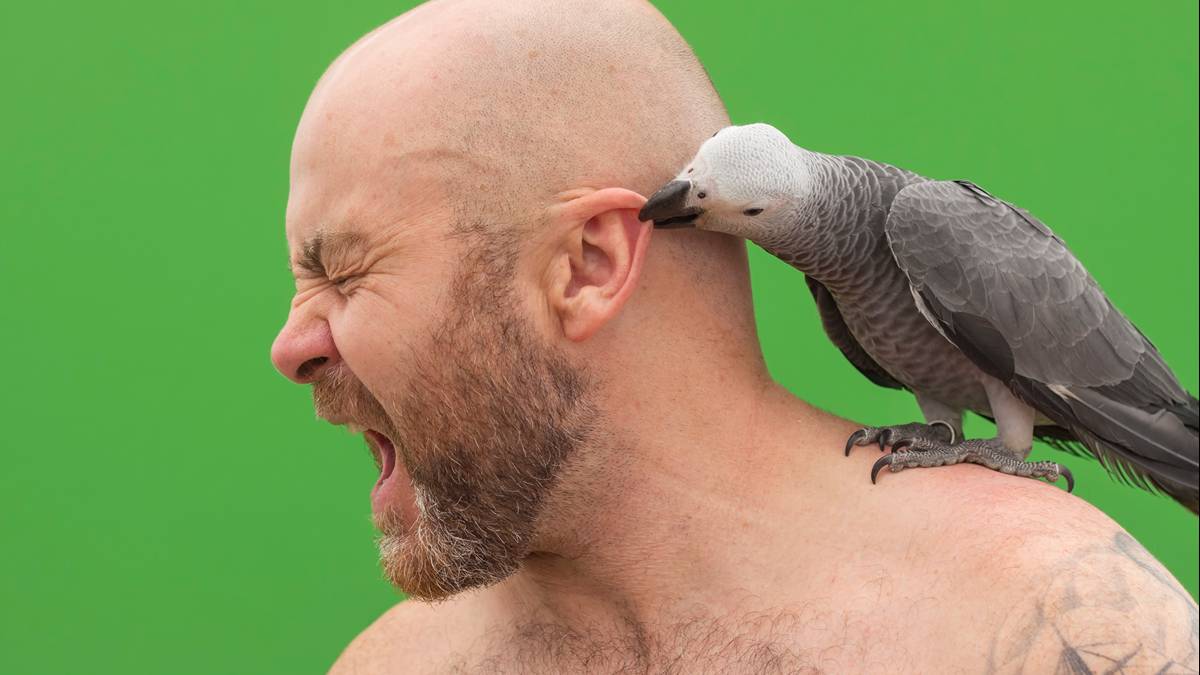Health Check: Cochlear’s ear-nings downgrade is not what investors wanted to hear

Cochlear's earnings downgrade is a pain in the ear, but investors have proved stoic. Pic via Getty.
- Cochlear downgrades full-year profit expectations, citing sluggish sound processor sales
- Mesoblast eyes second US drug approval sooner rather than later
- Who’s for a bargain biotech … or three?
Cochlear (ASX:COH) is banking on the rollout of new hearing devices to bolster earnings after today downgrading its full-year earnings expectations.
The fourth biggest ASX-listed biotech, Cochlear now expects underlying net earnings of $390-400 million, compared with February’s guidance at the “lower end” of $410-430 million.
Let’s call it a 5% downgrade.
Management had expected a single-digit decline in its services revenue – sound processors and the like – but now expects a fall in the high-single digit territory.
The problem is that Nucleus 8 sound processor sales grew strongly post launch, but the buzz has abated.
Users are unwilling to upgrade to tweaked variants such as the Kanso ‘off the ear’ processor.
“We continue to work on identifying and connecting with recipients who could benefit from the latest sound processing technology,” the company says.
“These initiatives, combined with the introduction of [Kanso] are expected to lift services revenue in the 2025-26 year.”
Meanwhile, sales of the Cochlear implants remain robust and should increase by 10 per in the current year.
But growth is weighted to emerging markets.
“Growth in the higher value developed markets has been impacted by slower-than-expected market growth and a small loss of market share in a few countries.”
Smart implant launch dulls the pain
Not all Cochlear’s news was negative.
Also today, Cochlear launched its Nucleus Nexa System, “the world’s first and only smart cochlear implant”.
The device enables users to upgrade the firmware for both the implant and the related Nucleus 8 Nexa sound processor.
Cochlear CEO Dig Howitt says Nexa results from 20 years of research and development.
“Similar to smartphones, the implant firmware can be updated to enable new features and access to future innovations.”
After dipping 8% in early trade, Cochlear shares by noon were slightly higher … so go figure.
Buoyant Bioxyne bolsters revenue
Bioxyne (ASX:BXN) this morning had a more encouraging update, upping full-year revenue expectations from $25 to $28 million.
That’s a 200% jump on last year’s run rate.
Bioxyne sells consumer health products – notably cannabis derived ones such as medicinal ‘gummies’.
Through its subsidiary, Breathe Life Sciences, Bioxyne is expanding into producing psychedelic compounds for therapeutic use.
The company was granted Australia’s first Good Manufacturing Practice licence to produce psilocybin and MDMA (‘molly’, or ecstasy)
Management cites Australian pharmaceutical manufacturing and supply as the key growth driver.
“The company is making significant progress in Germany and the UK and will provide a market update shortly.”
Telix launches second imaging product
Telix Pharmaceuticals (ASX:TLX) has launched its second commercial product in the US, also for prostate cancer.
The tool, Gozellix, is a kit for preparing an injection of gallium-68 (gozetotide) to detect the tell-tale prostate-specific membrane antigen.
The agent is relevant for prostate cancer patients suspected metastases and are candidates for initial definitive therapy. It is also intended for patients with suspected recurrence of prostate cancer based on an elevated serum prostate-specific antigen level.
The US Food and Drug Administration (FDA) approved Gozellix in March 2025.
The company says Gozellix has a shelf life of up to six hours, which makes it more flexible to use than other products based on the gallium-68 isotope.
The company also claims Gozellix is 90% accurate in detecting metastases at the initial stage.
In December 2021 the FDA approved Telix’s first product, Illucix, which is also gallium-68 based.
In calendar 2024 Telix reaped $783 million of revenue from Illucix, 70% higher.
US Mesoblast-off for second product?
Stem cell therapy developer Mesoblast (ASX:MSB) is confident the FDA will allow accelerated approval of its heart disease drug candidate, Revascor.
The agency last December approved Mesoblast’s Ryoncil for childhood graft-versus-host disease.
That entrenches Ryoncil in the Biotech Hall of Fame as the first and only FDA-approved mesenchymal stromal stem cell product for any indication.
Revascor is intended for the much larger market of patients with ischemic chronic heart failure, reduced ejection fraction and inflammation.
In the first week of June, Mesoblast held a Type B meeting with FDA to discuss components of a potential filing for marketing approval.
“There was general alignment on items regarding chemistry, manufacturing and controls, potency assays for commercial product release and proposed design and primary endpoint for the confirmatory trial post-approval,” Mesoblast says.
“The company will await the final minutes from FDA in order to provide detailed feedback and timelines for potential filing.”
What’s in the brokers’ bargain bin?
Investors are undervaluing at least three ASX biotech, according to broking analysts.
Bell Potter rates Radiopharm Theranostics (ASX:RAD) a buy, citing an “exceptionally positive outlook”.
This follows yesterday’s announcement of US Food and Drug Administration fast track approval for its metastatic brain cancer radiotherapy, RAD101.
Radiopharm is trialling RAD101 in a 30 patient, phase II effort across five eastern Australian sites.
Headline results are due in late 2025 – “earlier than anticipated”.
Bell Potter values the stock at 2.6 cents, compared with yesterday’s close of half a cent.
Macquarie Equities opines the Monash IVF Group (ASX:MVF) share sell off has been overdone following a second embryo mix-up “incident”.
In a note titled “bargain hunting” – there’s a clue – the firm values the stock at $1.30 a share, implying 100% upside.
This is despite the shares recovering 10% this morning after CEO Michael Knaap resigned, leaving CFO Malik Jainudeen to fill the hot seat temporarily.
Finally, Morgans values Imricor Medical Systems (ASX:IMR) at $2.28, a 40% increment on the current price.
The company has developed the world’s first cardiac ablation device that can be guided by magnetic resonance imaging.
This week Imricor won European (CE Mark) approval for its Northstar Mapping System, a key component of its offering.
The firm says Imricor is well capitalised after a recent US$45 million capital raising.

UNLOCK INSIGHTS
Discover the untold stories of emerging ASX stocks.
Daily news and expert analysis, it's free to subscribe.
By proceeding, you confirm you understand that we handle personal information in accordance with our Privacy Policy.








